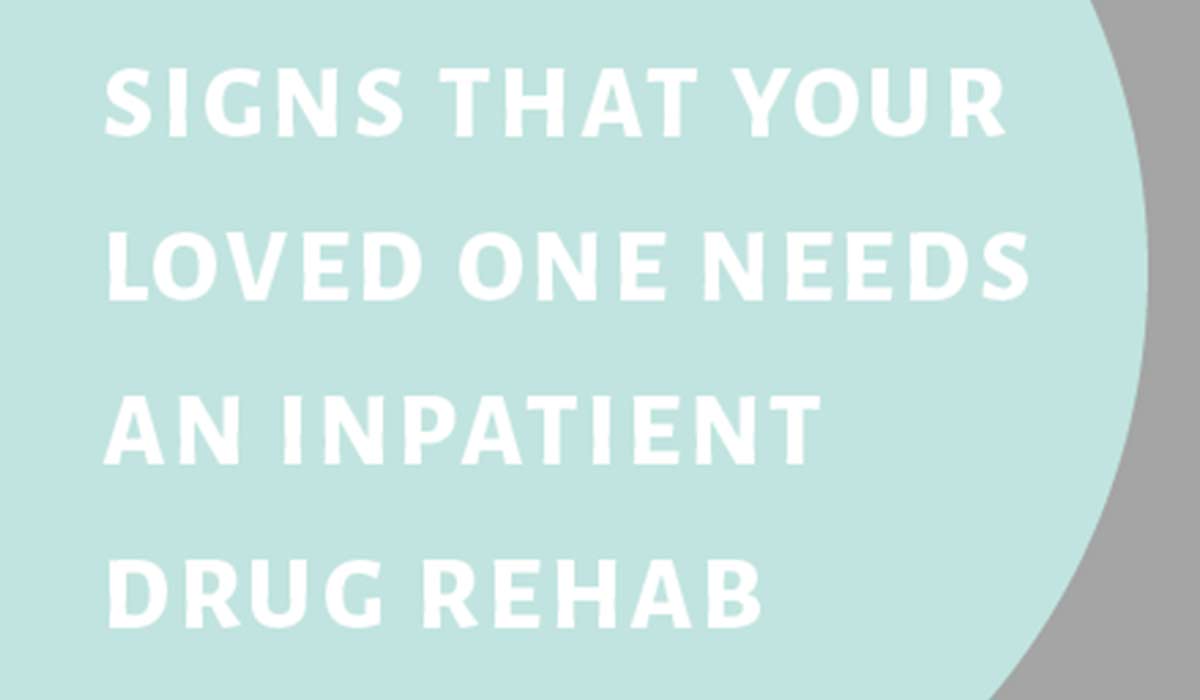Dominating Shame And Guilt In Drug Recovery: Shattering The Preconception
Dominating Shame And Guilt In Drug Recovery: Shattering The Preconception
Blog Article
Produced By-Moody Delgado
You're not alone in the struggles you face, and addressing the preconception bordering embarassment and regret in Drug rehabilitation is the first step towards recovering your life. By discovering the origins of these emotions and learning to navigate them in a supportive setting, you can lead the way for real healing and growth. Stay tuned to discover how damaging without the weight of embarassment and sense of guilt can unlock a path to self-acceptance and a future filled with assurance and positivity.
The Influence of Pity and Regret
Experiencing pity and regret can significantly prevent your progression in Drug rehabilitation by producing obstacles to self-acceptance and healing. When you lug the weight of embarassment for past actions or sense of guilt for the impact of your addiction on liked ones, it can be testing to move on. These feelings may lead to reduced self-esteem, making it difficult to rely on your capability to alter and recoup.
Shame and regret can also fuel adverse idea patterns, reinforcing the idea that you're unworthy of help or redemption. This can stop you from fully engaging in the healing process and seeking support when required. The concern of judgment from others or the worry of facing your own feelings might lead you to stay clear of needed discussions or therapy sessions.
Recognizing and dealing with these feelings is essential for your recovery journey. By resolving your shame and shame in a safe and supportive atmosphere, you can start to grow self-compassion and mercy. This shift in attitude can equip you to embrace the recovery procedure with a newfound sense of hope and determination.
Strategies for Healing and Change
To facilitate your healing and transformation in Drug rehab, implementing reliable strategies is crucial. One critical approach is to proactively participate in therapy sessions. By participating totally in individual and group treatment, you can resolve underlying issues, find out coping mechanisms, and obtain assistance from professionals and peers.
One more vital strategy is to focus on self-care. https://www.acupuncturetoday.com/mpacms/at/article.php?id=33026 consists of obtaining sufficient remainder, eating nourishing meals, and participating in physical activities that promote health. In addition, exercising mindfulness and reflection can assist you remain existing and handle desires or sets off efficiently.
Setting sensible objectives and commemorating small triumphes along the road can additionally contribute significantly to your recovery journey. By breaking down your recovery process right into manageable actions, you can keep inspiration and track your development.
In addition, bordering on your own with a favorable support group of pals, family members, or fellow individuals in healing can give motivation and accountability. Keep in mind, each person's path to healing is distinct, so it's necessary to find strategies that resonate with you directly and adjust them as required to promote enduring improvement.
Accepting a Life of Sobriety
Accept soberness as a new phase in your life, filled with chances for growth and gratification. Deciding to live a sober life is a daring action in the direction of a brighter future. By picking soberness, you're picking to prioritize your health and recover control over your life. https://squareblogs.net/kristina4elliot/retreat-the-chains-of-dependency-and-reveal-the-powerful-impacts-of-drug might appear intimidating at first, however remember that daily sober is a day of progress and toughness.
As you embrace sobriety, surround on your own with supportive and understanding people that uplift and motivate you on this trip. Take part in activities that bring you joy and fulfillment, aiding you find the appeal of life without compounds. Accepting a life of soberness isn't regarding deprivation but about empowerment. It opens doors to new opportunities and allows you to connect with your genuine self.
Celebrate each landmark along the road, despite just how small, as they represent your strength and resolution. Source Webpage in mind, sobriety is a present you provide yourself, causing a life filled with quality, purpose, and unlimited capacity.
Conclusion
In conclusion, damaging the stigma bordering pity and shame in Drug rehabilitation is vital for individual growth and healing. By attending to these feelings head-on, exercising self-care, and welcoming soberness as a brave selection, people can change their lives and uncover joy and purpose.
With a favorable support group and a dedication to self-improvement, overcoming embarassment and guilt leads the way for empowerment and a fulfilling, sober future.
